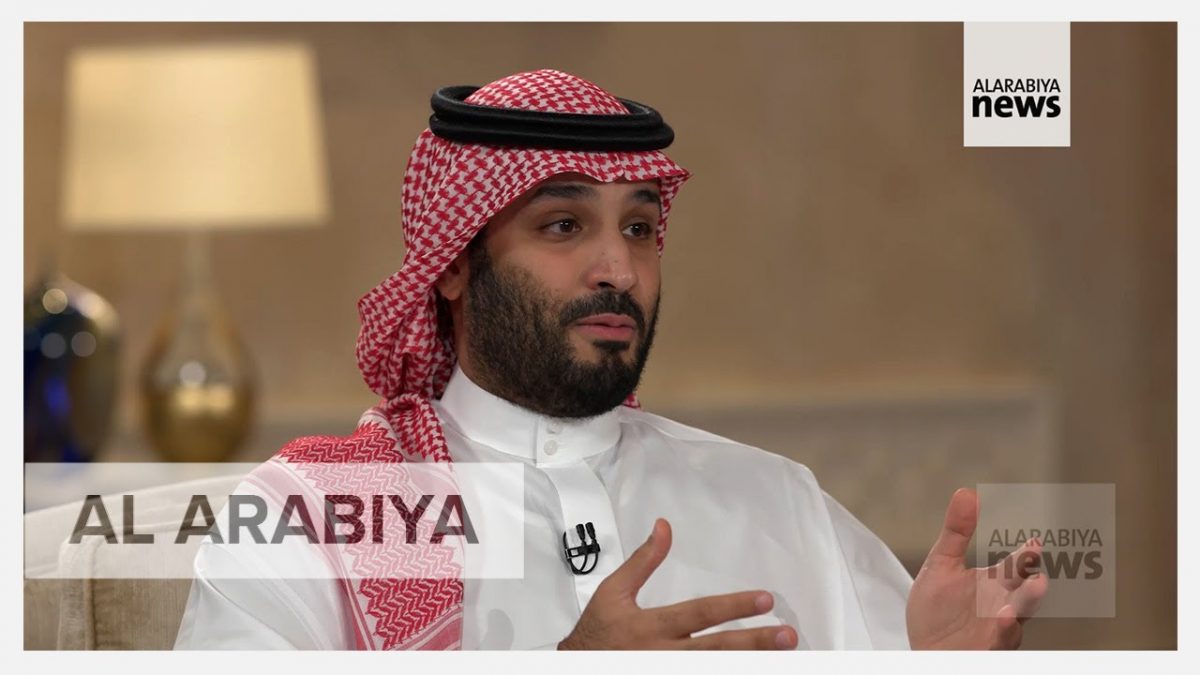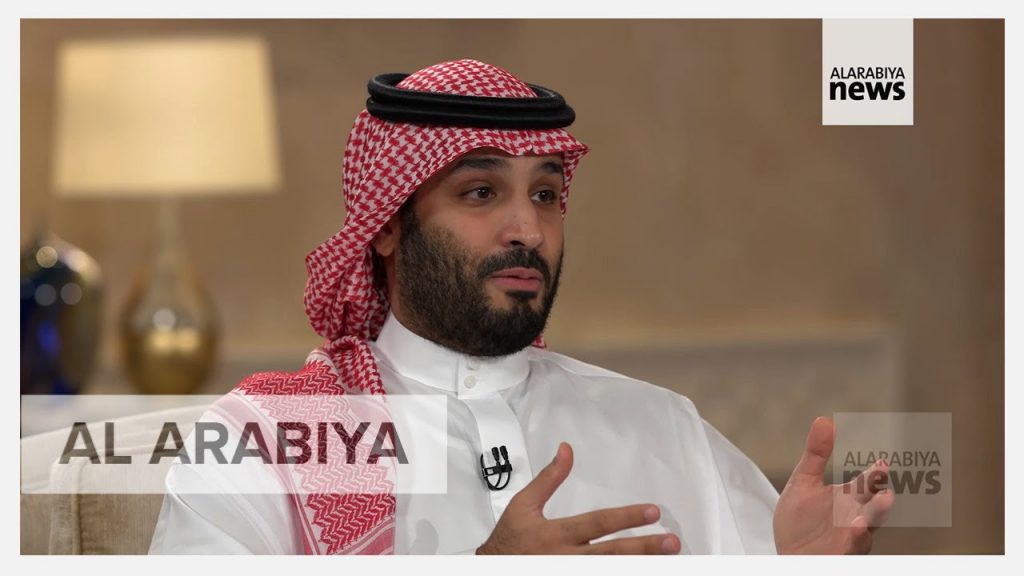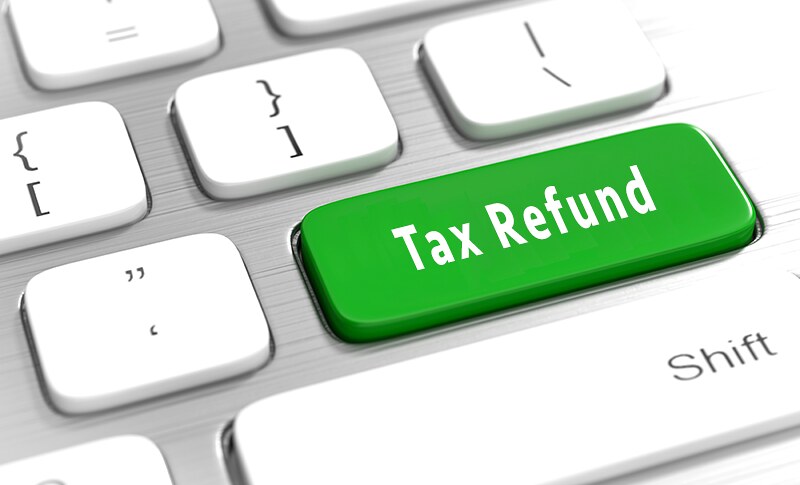

Saudi Multinationals Face April Documentation Deadline
- Foreign and domestic companies must comply with new intercompany pricing regulations
- Short deadline for new compliance burden and accountant certification poses challenges
Multinational companies operating in Saudi Arabia must for the first time submit transfer pricing documentation to the tax authority.
Saudi Arabia’s final transfer pricing regulations, published by the General Authority of Zakat and Tax (GAZT) on Feb. 15, require companies operating in the kingdom to le transfer pricing documentation by April 30, for nancial years ending on Dec. 31, 2018.
Companies must complete controlled transaction disclosure forms, and maintain les detailing the multinational group’s transfer pricing policy and methods. The regulations apply to controlled transactions with an annual aggregate value exceeding 6 million riyals ($1.6 million).
Transfer pricing underlies most, if not all, disputes involving companies and international profit shifting. Global companies use transfer pricing methods to ensure that units within the group sell goods and services to one another at an arm’s-length price that is equivalent to that of transaction between unrelated parties.
Companies must immediately “take the necessary actions in order to be compliant,” Shiraz Khan, head of taxation at Al Tamimi and Co. law rm in Dubai, told Bloomberg Tax by e-mail Feb. 20.
Companies must also prepare transfer pricing master and local les before submission of the tax return, Khan said. The les must be submitted to GAZT within 30 days of the tax authority’s request.
Accountant Certication
A significant change from the Dec. 10 draft transfer pricing regulations is that an accountant must certify that a company’s transfer pricing policies are consistently applied to their taxable entities located in Saudi Arabia.
Companies must file the certification with their controlled transaction disclosure form.
The certication requirement “will place a big burden on all taxpayers,” especially those companies due to report by April 30, said Mohamed Serokh, a partner and Middle East transfer pricing leader at PwC in Dubai.
In the final regulations, the GAZT “encourages the submission and maintenance of documentation in the ocial language to the extent it is reasonably possible.”
If a company doesn’t use the Arabic language when submitting documentation, it is unclear what the tax authority will do, Serokh said by telephone Feb. 19.
While the draft rules didn’t address penalties, the. FAQ document issued with the final regulations states: “All penalties and fines under the Income Tax Law are applicable to all income tax matters.”
“By implication, that means they are also applicable” if companies don’t comply with the nal transfer pricing regulations, Serokh said.
Global Tax Reporting
The final regulations, like the draft rules, require companies with a turnover of more than 3.2 billion riyals ($850 million) to le country-by-country reports.
Country-by-country reports provide a snapshot of a multinational company’s financial data—including taxes paid and number of employees—for each country in which the company operates.
Companies will have to designate which reporting group entity will le their country-by-country report by April 30, 2019, and must file the report with the GAZT by Dec. 31, 2019.
Saudi-owned businesses are also required to comply with the country-by-country reporting rules, according the nal regulations.
Gulf Cooperation Council
Gulf Cooperation Council (GCC) companies engaged in controlled transactions with a Saudi company will have to comply with the Saudi transfer pricing rules, Laurent Bertin, an adviser at Aurifer Tax Advisers in Dubai, said by email Feb. 19. “The valuation of its intra-group sales must comply with the valuation methods recommended by the Saudi transfer-pricing rules.”
The GCC is a political and economic alliance of six countries in the Arabian Peninsula: Bahrain, Kuwait, Oman, Qatar, Saudi Arabia and United Arab Emirates.
GCC affiliates with a Saudi headquarters will have to prepare a local file describing their own transfer pricing policy for transactions with their Saudi-related parties, Bertin said. Important accounting information must be gathered and sent to the Saudi headquarters to be compiled in the country-by-country report, he said.










